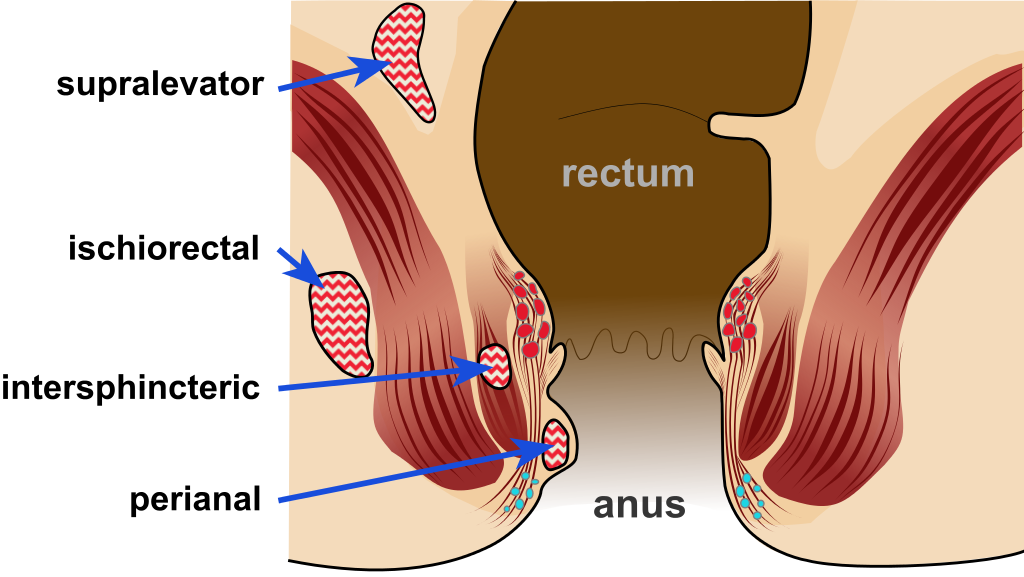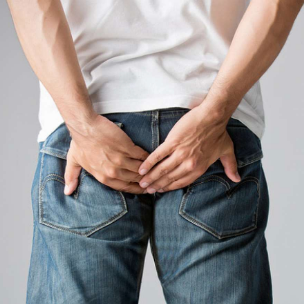What you need to know about Anal Cyst Removal
Contents
An anal cyst is a sac-like structure that contains air, fluid, pus, or other substances that grows in a cavity in the anus. Most anal cysts are noncancerous or benign. They can be caused by several things, such as a blocked anal gland, an infected anal fissure, or sexually transmitted infections (STI). They may also be caused by other things such as constipation, diarrhea, diabetes, and anal sex.
Anal cysts can cause discomfort, pain, rectal discharge, fatigue, and fever. It can also result in anal fistulas. It is very rare than an anal cyst goes away without treatment. Therefore, most doctors will recommend a procedure called anal cyst removal, which is a surgical procedure that is used to take out the cyst and relieve the symptoms.

What does the Procedure Involve?
Anal cyst removal can be performed with local anesthetic or general anesthetic, depending on the size of your anal cyst. For smaller anal cyst, local anesthesia will be used, which will numb only the affected area so you will not feel anything. With medium to large anal cysts, you will be given general anesthesia.
The surgery to remove the anal cyst is generally the same, no matter the size. Your surgeon will start by creating an incision in the skin near the anus. Once they have access to the cyst, the will drain the fluid or pus from it. Your surgeon may also remove the infected tissue and clean the area.
In some cases, anal fistula surgery may be done at the same time as your anal cyst removal, but it may also be performed as a separate surgery.
How Long Should I Stay in the Area?
If you have smaller anal cysts, you can leave the hospital right away. For medium to large anal cysts, you may need to stay in the hospital for around 1 to 2 days to watch for infection. It is recommended that you stay in the area for around 7 days following your surgery as it may be uncomfortable for you to travel and sit for an extended period of time. Your doctor may also need to evaluate your condition and ensure that no fistula is formed in the surgical site in a follow-up checkup before they allow you to leave for home.
What’s the Recovery Time?
Each person recovers at a different pace. In general, it can take around 2 to 3 weeks for the surgical site to completely heal, but you should be able to go back to work within 2 days after surgery if your doctor allows it. Still, you may need to avoid any strenuous activities for a couple of weeks to prevent any complications.
What About Aftercare?
Your doctor and medical team will give you detailed instructions on how to care for yourself at home. In general, the instructions may include:
-
Get enough sleep to help you recover faster and rest when you are tired.
-
Soak the affected area in a warm (not hot) bath for 15 to 20 minutes three to four times a day. This will help reduce swelling and allow for more drainage of the cyst.
-
Apply ice several times a day for around 10 to 20 minutes at a time.
-
When you sit on the toilet, use a small step stool to support your feet. It will help flex your hips and puts your pelvis in a squatting position, making bowel movements easier.
-
Try to lie on your stomach with a pillow under your hips to decrease swelling.
-
Wear a mini-pad or a gauze pad to prevent the drainage from soiling your clothes.
-
If you have a compromised immune system or there is an infection that has spread, your doctor may prescribe antibiotics.
-
Your doctor may also give you pain medicine or suggest you take over-the-counter medicine, make sure to take it as directed.
-
Eat a low-fiber diet for a few days or as directed by your doctor.
-
Stool softeners may be suggested to ease the discomfort of bowel movements.
What’s the Success Rate?
Anal cyst removal is generally safe and effective. It is very unlikely that the problem will come back, but in some rare cases, the cyst may reappear. There are also some possible complications after surgery, including infection, anal fistula, and scarring.
Are there Alternatives to Anal Cyst Removal?
Anal cyst removal is often the only way to treat the cyst and remove all infected tissue from the area. However, some cyst drains by themselves and do not need any treatment. Always discuss with your doctor the best options for your case.
What Should You Expect Before and After the Procedure
Before anal cyst removal, you may experience discomfort, pain, and other symptoms that interfere with your ability to work or perform your day-to-day activities. The cyst may also complicate. After the procedure, all of the symptoms should be relieved and you should be able to return to your normal activities without any discomfort.
For an in-depth analysis of an Anal Cyst Removal Procedure, watch this short video.
To check prices or to book an Anal Cyst Removal Procedure, in Thailand or anywhere else in the world, head on over to MyMediTravel now!

